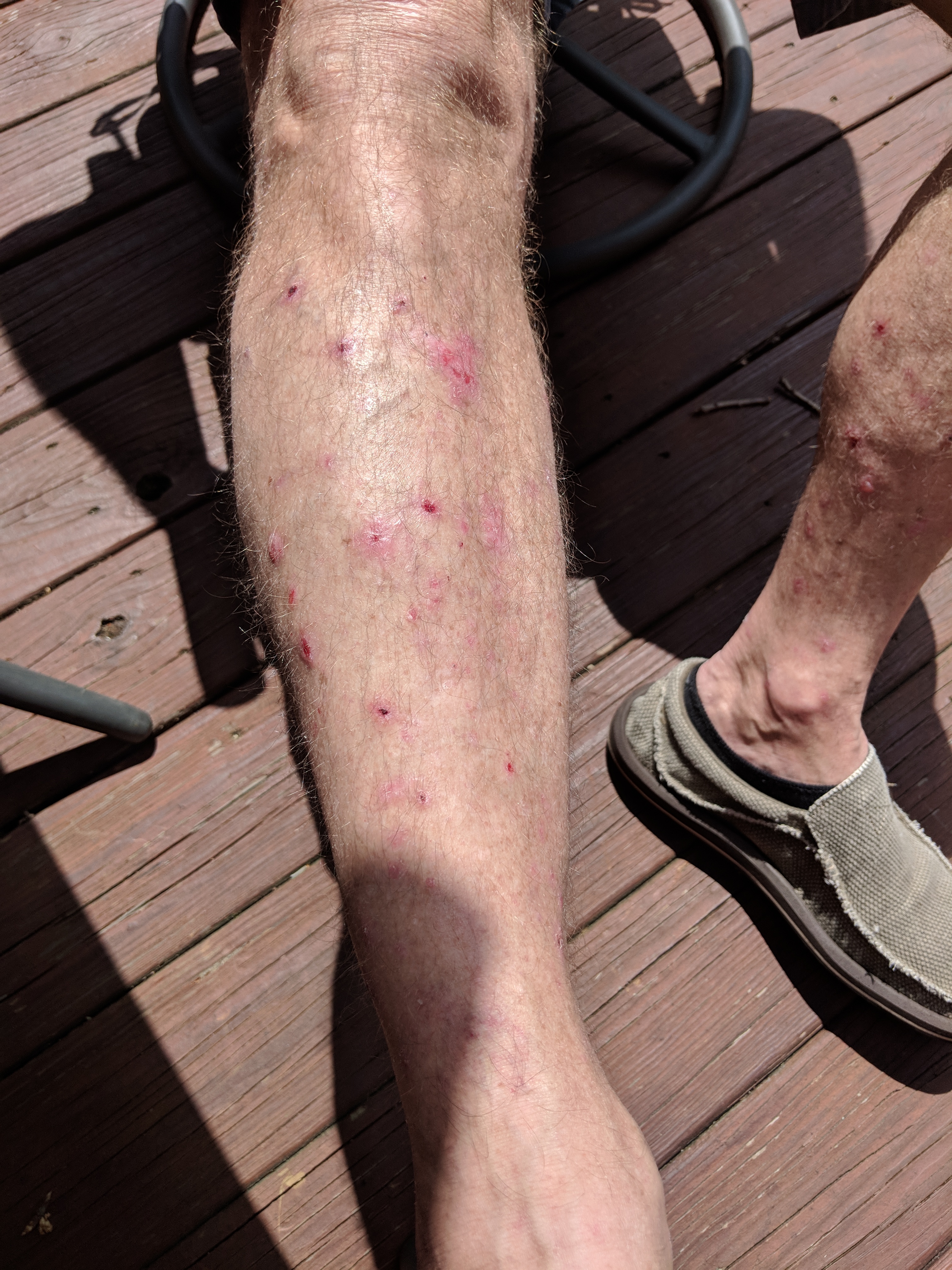Bullous pemphigoid
(Redirected from Bullous Pemphigoid)
Editor-In-Chief: Prab R Tumpati, MD
Obesity, Sleep & Internal medicine
Founder, WikiMD Wellnesspedia &
W8MD medical weight loss NYC and sleep center NYC
| Bullous pemphigoid | |
|---|---|

| |
| Synonyms | |
| Pronounce | |
| Specialty | Dermatology |
| Symptoms | Blisters, itching, rash |
| Complications | Infection, scarring |
| Onset | Typically in older adults |
| Duration | Chronic |
| Types | N/A |
| Causes | Autoimmune disease |
| Risks | Age, genetic predisposition, certain medications |
| Diagnosis | Skin biopsy, direct immunofluorescence |
| Differential diagnosis | Pemphigus vulgaris, dermatitis herpetiformis, epidermolysis bullosa |
| Prevention | |
| Treatment | Corticosteroids, immunosuppressants |
| Medication | Prednisone, azathioprine, methotrexate |
| Prognosis | Generally good with treatment |
| Frequency | Rare |
| Deaths | N/A |
Bullous Pemphigoid is a chronic autoimmune disease that primarily affects the skin, causing the formation of large, tense blisters. It is most common in older adults and is characterized by periods of remission and relapse.
Etiology[edit | edit source]
The exact cause of bullous pemphigoid is unknown, but it is believed to be an autoimmune response. The body's immune system produces antibodies that attack the skin's basement membrane, a thin layer of tissue that separates the outer skin from the underlying tissues. This attack results in inflammation and the formation of blisters.
Symptoms[edit | edit source]
The primary symptom of bullous pemphigoid is the appearance of large, tense blisters on the skin. These blisters are usually filled with clear fluid and can appear anywhere on the body, but are most common on the arms, legs, and trunk. Other symptoms may include itching, redness, and hives.
Diagnosis[edit | edit source]
Diagnosis of bullous pemphigoid is typically made through a combination of clinical examination, skin biopsy, and blood tests. The skin biopsy can reveal the presence of the characteristic blisters and the blood tests can detect the presence of the specific antibodies associated with the disease.
Treatment[edit | edit source]
Treatment for bullous pemphigoid primarily involves managing the symptoms and preventing complications. This may include the use of topical or oral corticosteroids to reduce inflammation and suppress the immune response. In severe cases, other immunosuppressive drugs may be used.
Prognosis[edit | edit source]
The prognosis for bullous pemphigoid varies. Some individuals may experience periods of remission, while others may have persistent symptoms. With treatment, most individuals can manage their symptoms and maintain a good quality of life.
See Also[edit | edit source]
This article is a dermatology stub. You can help WikiMD by expanding it!
This article is a Autoimmune disease-related stub. You can help WikiMD by expanding it!
Search WikiMD
Ad.Tired of being Overweight? Try W8MD's physician weight loss program.
Semaglutide (Ozempic / Wegovy and Tirzepatide (Mounjaro / Zepbound) available.
Advertise on WikiMD
|
WikiMD's Wellness Encyclopedia |
| Let Food Be Thy Medicine Medicine Thy Food - Hippocrates |
Translate this page: - East Asian
中文,
日本,
한국어,
South Asian
हिन्दी,
தமிழ்,
తెలుగు,
Urdu,
ಕನ್ನಡ,
Southeast Asian
Indonesian,
Vietnamese,
Thai,
မြန်မာဘာသာ,
বাংলা
European
español,
Deutsch,
français,
Greek,
português do Brasil,
polski,
română,
русский,
Nederlands,
norsk,
svenska,
suomi,
Italian
Middle Eastern & African
عربى,
Turkish,
Persian,
Hebrew,
Afrikaans,
isiZulu,
Kiswahili,
Other
Bulgarian,
Hungarian,
Czech,
Swedish,
മലയാളം,
मराठी,
ਪੰਜਾਬੀ,
ગુજરાતી,
Portuguese,
Ukrainian
Medical Disclaimer: WikiMD is not a substitute for professional medical advice. The information on WikiMD is provided as an information resource only, may be incorrect, outdated or misleading, and is not to be used or relied on for any diagnostic or treatment purposes. Please consult your health care provider before making any healthcare decisions or for guidance about a specific medical condition. WikiMD expressly disclaims responsibility, and shall have no liability, for any damages, loss, injury, or liability whatsoever suffered as a result of your reliance on the information contained in this site. By visiting this site you agree to the foregoing terms and conditions, which may from time to time be changed or supplemented by WikiMD. If you do not agree to the foregoing terms and conditions, you should not enter or use this site. See full disclaimer.
Credits:Most images are courtesy of Wikimedia commons, and templates, categories Wikipedia, licensed under CC BY SA or similar.
Contributors: Kondreddy Naveen, Prab R. Tumpati, MD


